Posts
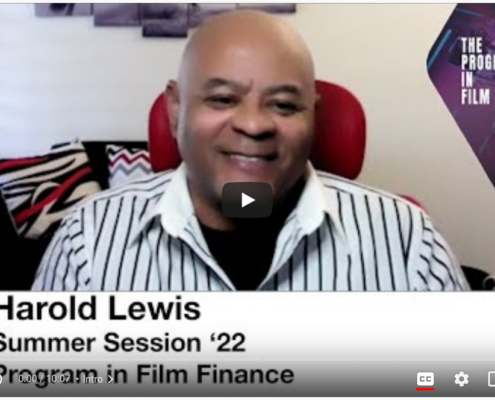
LA Social Science Summer Course Preview featuring Harold Lewis Discussing Film Finance (Communication 188A)
As summer 2022 approaches, LA Social Science had the opportunity…
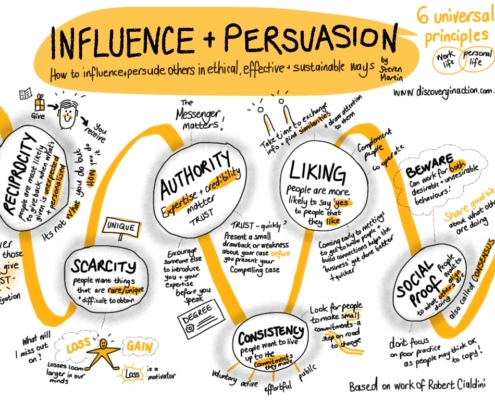
LA Social Science 2021 Summer Course Previews: Communication Courses with Professor Suman
As summer 2021 approaches, LA Social Science will be highlighting…

LA Social Science Summer Course Previews: Communication Courses with Professor Suman
Summer 2020 starts this month, and LA Social Science will continue…
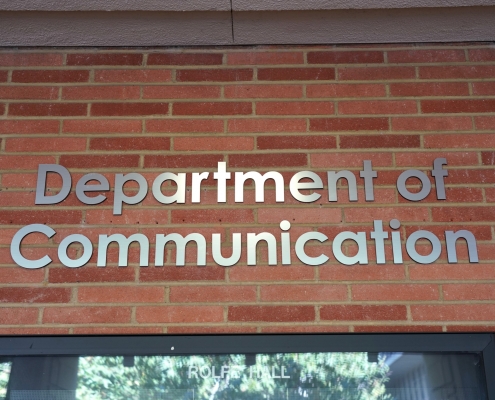
LA Social Science Summer Course Previews: Communication Department Courses in 2020
Summer 2020 starts this month, and LA Social Science will continue…
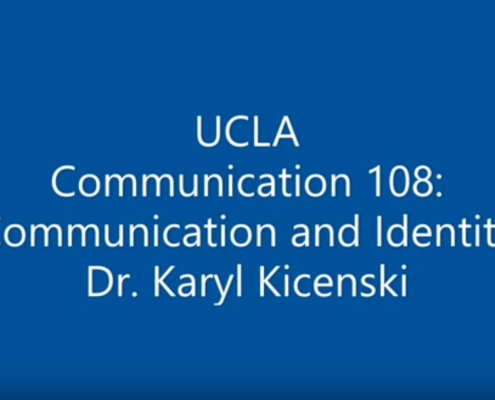
LA Social Science Summer Course Previews: Communication and Identity with Professor Kicenski
As summer 2020 approaches, LA Social Science will be highlighting…

Any Plans for the Summer? Enroll TODAY in an Online UCLA Summer Course
Have you always wanted to take a course in the social sciences?
Did…
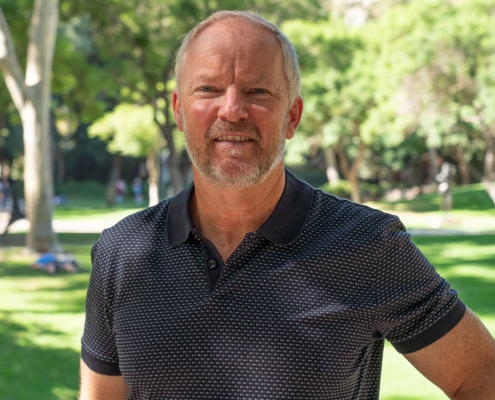
LA Social Science Story: Interview with UCLA Communication Alum Michael Allen, ’86
The LA Social Science e-forum interviewed UCLA Department…
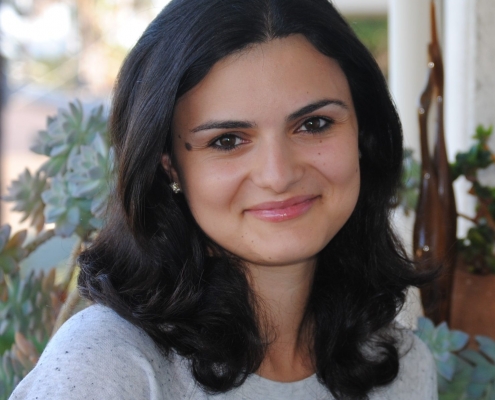
Growing Up Bilingual in Multilingual Los Angeles
By Lilit Ghazaryan UCLA Graduate Student, Department of…

